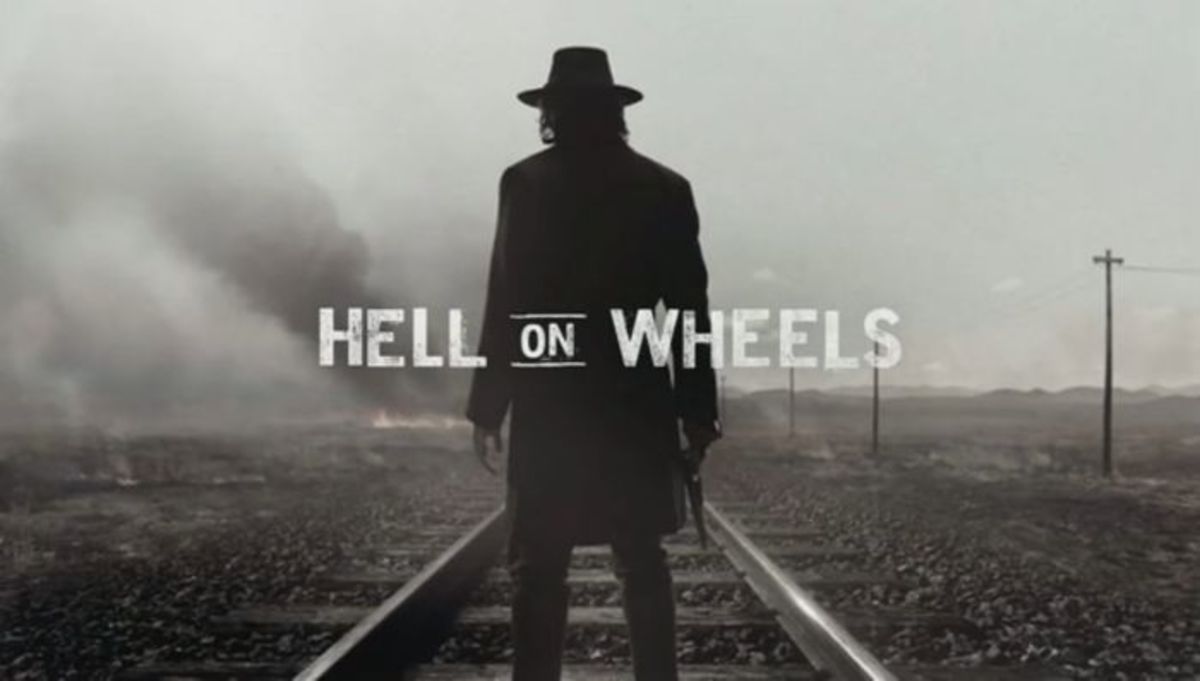BBC's Massive Production For Springwatch
Spring At Its Best
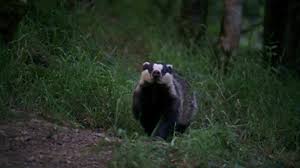
Creating The Best Programme.
The BBC is one of the largest TV Broadcasters in the World, also, it is funded solely from the from its viewers purse, relying on us the public to purchase a viewing licence. Also, it is against the law in the UK to view any form of TV unit without having a licence. A household that has no licence can be prosecuted through the courts, and fined up to £1000. This is all well and good, however, when we rarely get to view what goes into a single programme's production it is then when the alarm bells start ringing. The programme mentioned here, understandably takes a huge amount of organising, as it is filmed on location at "Ynys Hir RSPB Reserve" in the Snowdonia National Park. We all know that there are huge logistic challenges to any such large venture, yet, is there a need to spend so much of the licence payers money.
When watching one episode earlier in the week one of the presenters, Marting Hughes-Games went on a short walk about, to show the viewer what goes into production of a programme like this. From my point of view it was a mistake, the amount of Machinery and Plant, BBC's own production lorries, generators, and cabins (portable) and log at their disposal was truly staggering. Having rows of "box-van" lorries, each with the BBC logo, to lightweight vans and small vans, to "porta-cabins" to many to mention. Each of these had numerous people working, well let us put it another way, sitting around or walking about, with some porta-cabins being fitted with miniaturized versions of the outdoors. Inside there was a miniature sized, Pond-life, Bog-life, the Grassland and Woodland, again all of which is all well and good, and here, there were people watching over each and every-one of them.
Our Knowledge Help Wildlife's Survival
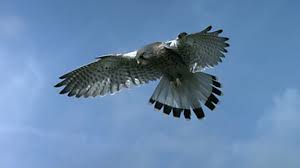
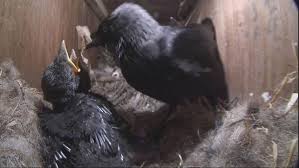
Creating a Programme at All Cost.
If this is a project by the BBC to raise awareness about the countryside and its wildlife inhabitants, wouldn't it be, maybe, better and more cost effective to take it into inner-city schools. We preach constantly that not enough is being made to teach modern day youngsters about our wild-life and the countryside on a whole. That we need to get inner-city children growing, and planting all manner of plants, flowers and vegetables, so, wouldn't this be an excellent way to get things started. In keeping it simple so they understand, and not be all scientific and tunnel vision, draw the children in so as to get them eager to return to school the following day. The making of a programme like this costs probably millions, just imagine the good that could be done for school children, and the benefit would last a life time. My late father attended school way back in the early 1930's, when in primary school they had a garden adjacent, with a small orchard, throughout his life he was knowledgeable, not only gardening, but wildlife and the countryside as a whole. Even way back then doing just a little stuck with them all the way through to later life, he wasn't an expert, but he had a good knowledge base of all things, from gardening to wildlife, to animals and living off the land. Just a great awareness of everything countryside, so, could todays society implement something, or anything similar in schools starting in primary schools, and if all goes well try the same in secondary schools.
When the BBC sets out to do any such programmes, which carries huge production costs, they should stop and think, just for a bit and remember who pays them. The cost of a TV licence for twelve months is £145.00, and in todays economy there are people who simply cannot afford to pay for it. I am not passing judgement, as we all love to be entertained, especially so, during the dark months of winter, when the weather outside is dreadful. We all know, that costume dramas carry huge production costs, which is fine if the end product warrants the spend, and, the drama is of outstanding quality. However, do the BBC honestly want twenty lorries, twenty porta-cabins, four wheel drive vehicles, and quad-bikes, also, John Deere golf buggies, are all these a necessity in these hard times. Would the BBC be as spend-thrift with the cash, if they had to rely on ads revenue to run the channel, just like other terrestrial channels. Is it humanly impossible to make this type of nature programme on a smaller scale, couldn't they do, just as good a programme by spending less. Getting individuals to do, just that little bit more work, enabling the programme makers to employ less staff, this would then filter through meaning less of everything else. Surely this is better all round, not only for BBC themselves, but for the licence payers, which ultimately fund the channel.
Staying Alive in The Wild
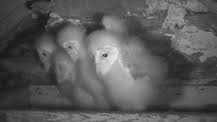
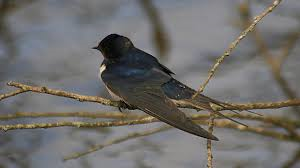
There is a Need to Spend Less, Much Less
"Springwatch"and "Autumnwatch", make no mistake I like both programmes, however,
sometimes I feel that the presenters can be self-indulging on the odd occasion,
but, overall they are programmes well worth watching. Being both, informative,
objective and interesting without being complicated, and baffling us with
science and terminology. But I do strongly feel that in these hard economic
times cuts could be made without affecting programme quality, in bringing
nature to the masses. Otherwise why not try it out by taking it into inner-city
schools, teaching the youngsters that there is life outside their "bricks
and concrete" confines of inner-city living. Maybe, just maybe, someone
will take this idea and take it around the schools in years to come, how good
would that be. Especially for children in deprived areas, some of which, will
never have seen the countryside in real life, imagine the benefit for those
kids. Everyone, from us ordinary people, to those in Government have concerns
for the youngsters of today. If we all drive for change, in helping the young,
then I am pretty sure they will repay us, by making the future, better and
safer, for all concerned. Thanks for Reading. Until Next Time.


